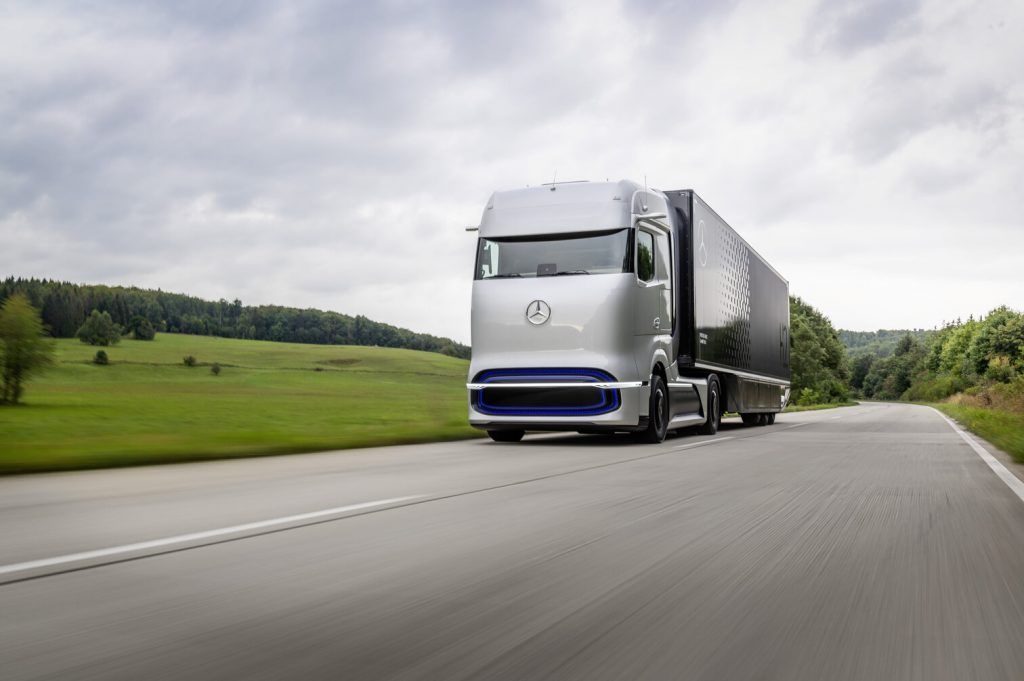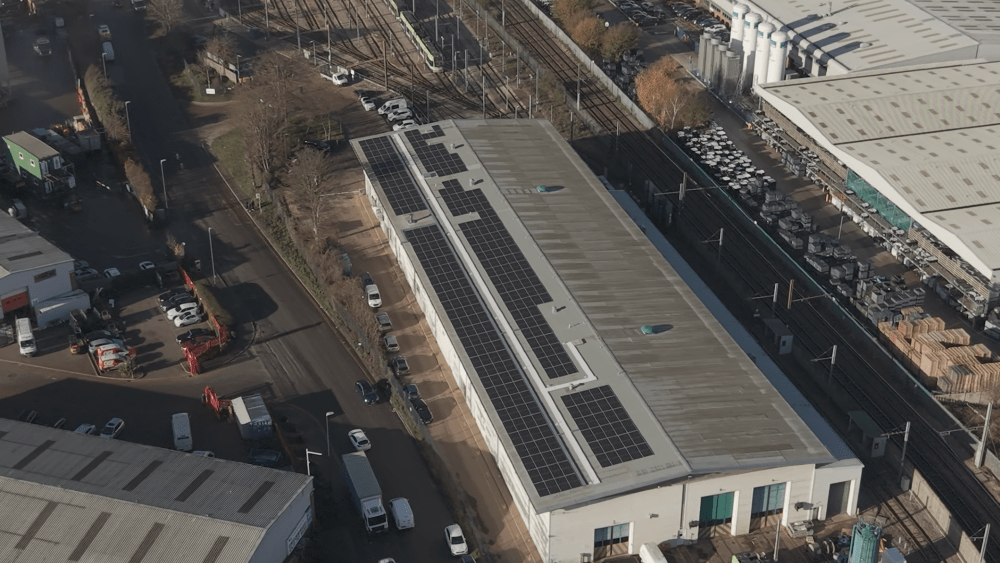The Mercedes-Benz GenH2 demonstrates flexible long-distance haulage operations with ranges of up to 1,000km on a single tank of hydrogen.
Daimler Trucks plans to begin trials of the GenH2 Truck in 2023 with series production to start in the second half of the decade. Using liquid instead of gaseous hydrogen with its higher energy density, the vehicle’s performance is planned to equal that of a comparable conventional diesel truck.
Chairman of the Board of Management of Daimler Truck AG, Martin Daum, said: “Fuel-cell power will tend to be the preferred option for heavier loads and longer distances.”
German transport minister Andreas Scheuer said: “We need zero-carbon goods vehicles on our roads. These include hydrogen fuel cell trucks. There is huge potential inherent in hydrogen for the protection of our environment and a strong economy. That is why we have been funding hydrogen as a transport fuel for over ten years – one current example is the concept truck presented today. We will continue to provide strong support to the development of climate-friendly drivetrains and innovations in and for Germany. This will include, but not be limited to, significantly expanding the funding of vehicles.”
Engineering
The GenH2 Truck has been based on the capabilities of the conventional Mercedes-Benz Actros long-haul truck with regard to tractive power, range, and performance. For example, the series-production version of the GenH2 Truck is to have a gross vehicle weight of 40 tons and a payload of 25 tons. Two special liquid-hydrogen tanks and a fuel-cell system will make this high payload and long range possible, and therefore form the core of the GenH2 Truck concept.
Daimler experts drew on existing expertise for the development of liquid-hydrogen tanks. In April this year, Daimler Truck AG concluded a preliminary, non-binding agreement with the Volvo Group to establish a new joint venture for the development to series maturity, production and commercialisation of fuel-cell systems for use in heavy-duty commercial vehicles and other applications. It hopes that joining forces will decrease development costs for both companies and accelerate the market introduction of fuel cell systems. To facilitate the joint venture with the Volvo Group, Daimler Truck AG has brought together all Group-wide fuel-cell activities in the newly founded subsidiary Daimler Truck Fuel Cell GmbH & Co. KG.
Liquid hydrogen
Daimler Trucks chose liquid hydrogen (LH2) as it has a higher energy density in relation to volume than gaseous hydrogen. As a result, the tanks of a fuel-cell truck using liquid hydrogen are much smaller and, due to the lower pressure, significantly lighter. This gives the trucks a larger cargo space and higher payload weight. At the same time, more hydrogen can be carried, which significantly increases the trucks’ range. This makes the series GenH2 Truck, like conventional diesel trucks, suitable for multi-day, difficult to plan long-haul transport and where the daily energy throughput is high.
Daimler Trucks is currently pressing ahead with the development of the necessary tank-system technologies to make liquid hydrogen usable also in mobile applications as an energy source for series-produced fuel-cell trucks. The storage of cryogenic liquid hydrogen at -253 degrees Celsius is already common practice in stationary applications, for example in industry or at hydrogen filling stations. This also applies to the transport of liquid hydrogen as cargo, it said.












